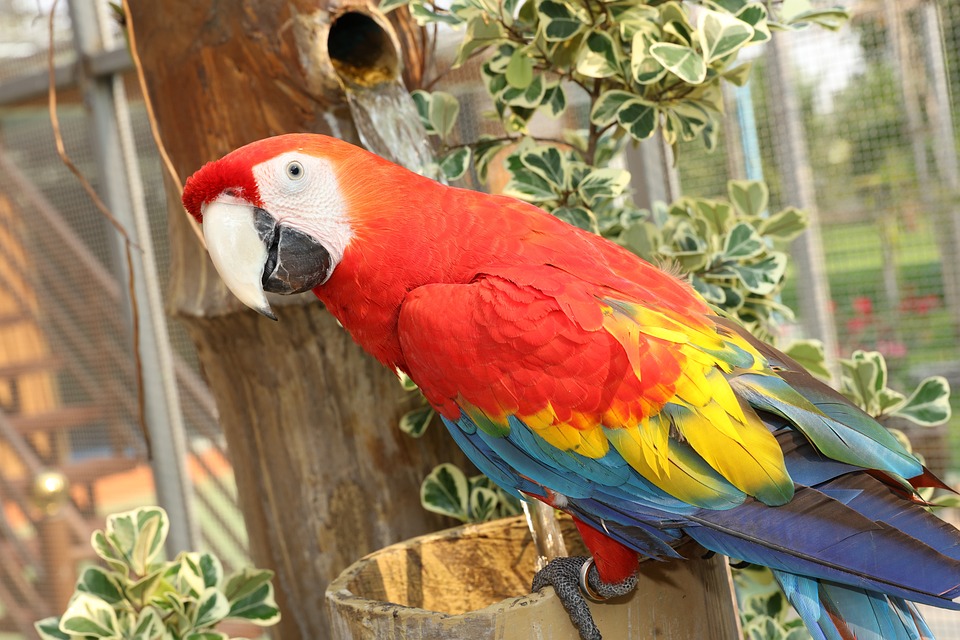Parrots are fascinating creatures with their ability to mimic household noises. Understanding their behavior and the reasons behind their mimicry can help bird owners provide a stimulating and enriching environment for their feathered friends. Parrots mimic household noises out of curiosity and a desire for social interaction. By imitating sounds they hear regularly, parrots seek attention and engage in social bonding. Mimicking household noises also serves as a form of vocalization and communication for parrots, allowing them to express their needs, emotions, and desires. Additionally, mimicking household noises provides mental stimulation and enrichment for parrots, recreating a more natural environment and reducing boredom.
Parrots learn to imitate sounds through vocal learning, which involves observing, memorizing, and reproducing sounds. They also rely on mirror neurons, specialized cells in the brain that enable them to imitate sounds by mirroring the actions they observe. Social interaction with their human caretakers is another crucial factor in their ability to imitate sounds. By observing and interacting with their owners, parrots acquire new sounds and gradually incorporate them into their vocal repertoire.
To promote healthy behavior in pet parrots, positive reinforcement is key. Rewarding your parrot with treats, praise, or a favorite toy when it exhibits desirable behavior or successfully imitates household noises helps reinforce positive behavior and encourages further mimicry. Providing a diverse and stimulating environment is also important. Including a variety of toys, puzzles, and objects that produce different sounds keeps your parrot mentally engaged and prevents boredom. Regular socialization with your parrot strengthens your bond and provides social stimulation, preventing loneliness and encouraging your parrot to mimic household noises to engage with you.
While many parrot species have the ability to mimic sounds, some are more proficient mimickers than others. African Grey Parrots and Amazon Parrots are particularly known for their exceptional mimicry skills. Parrots can be trained to mimic specific household noises through consistent repetition and positive reinforcement, although individual parrots may have different aptitudes for learning and mimicking sounds. Mimicking household noises is natural for parrots, as they have a natural inclination to imitate sounds to communicate with their flock and establish their identity. Parrots are also renowned for their ability to mimic human speech, often with remarkable accuracy. However, not all parrots will master speech, and their aptitude for mimicry varies between individuals.
While parrot mimicry is generally a positive behavior, excessive mimicry can sometimes lead to behavioral issues such as screaming or attention-seeking behavior. It is important to provide a balanced and stimulating environment for your parrot to prevent such issues.
In conclusion, understanding parrot behavior, particularly their fascination with mimicking household noises, allows us to create a more enriching and fulfilling life for our pet parrots. By promoting healthy behavior, providing mental stimulation, and nurturing social interactions, we can ensure our feathered friends lead happy and fulfilling lives in our households.









